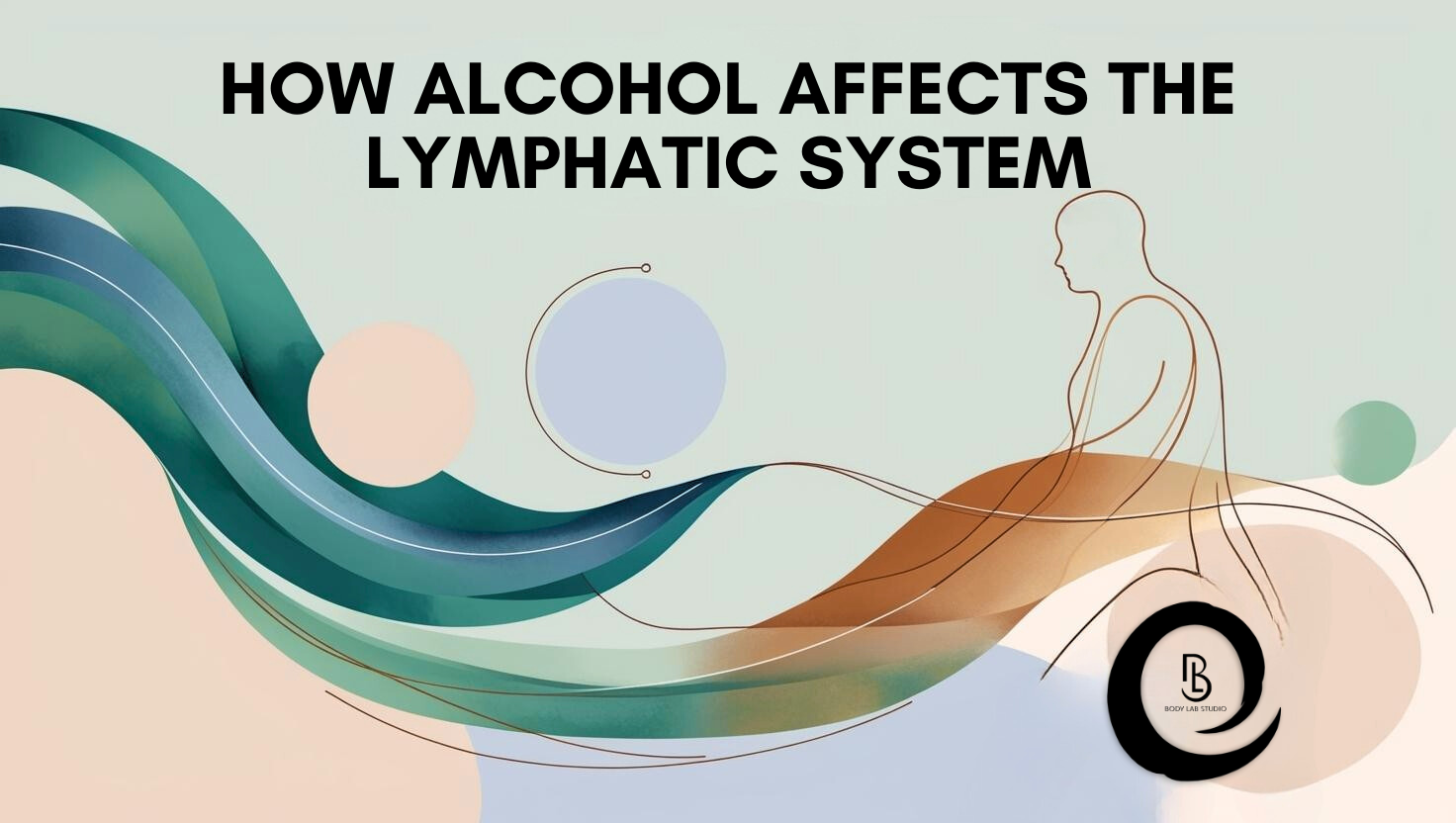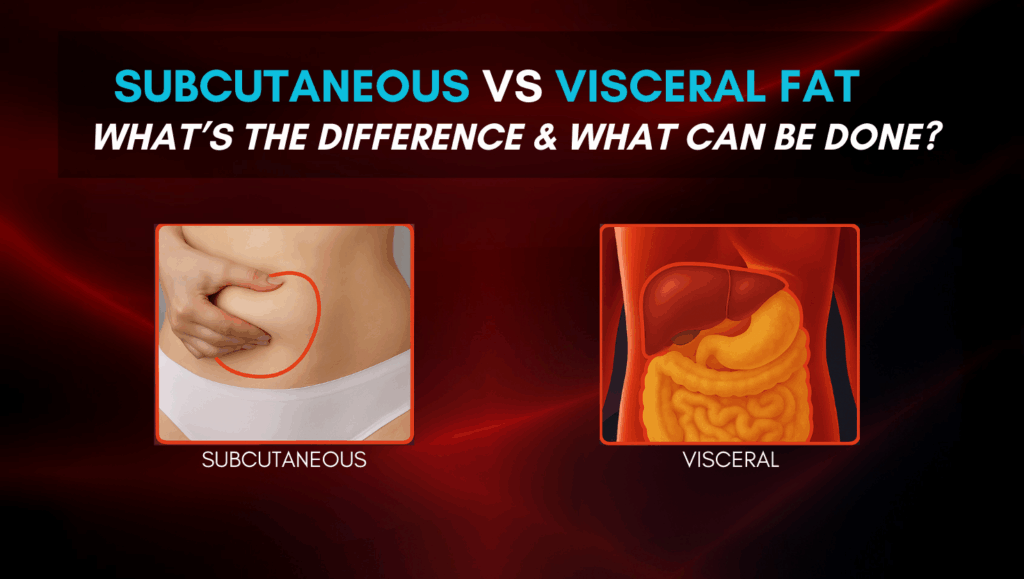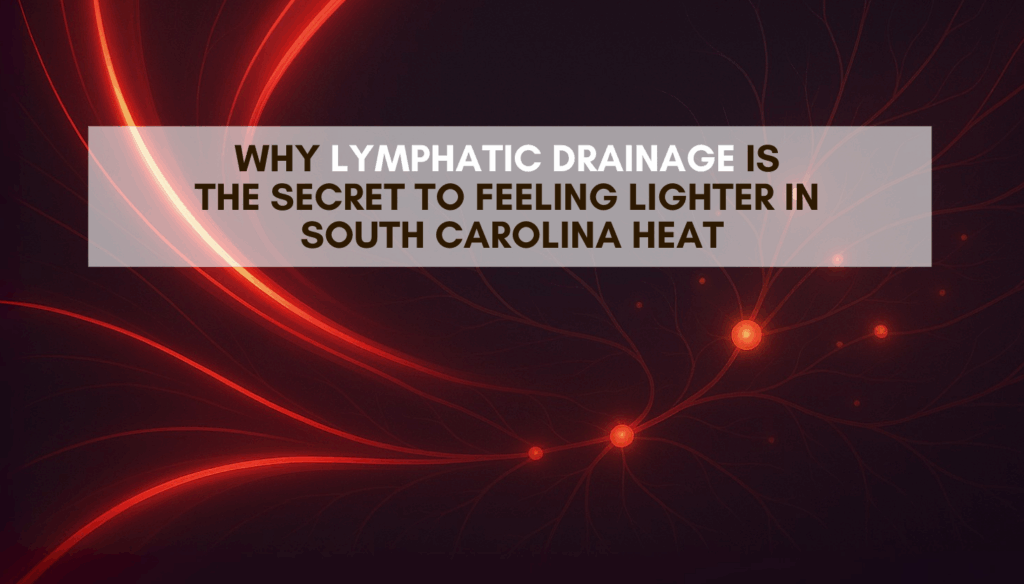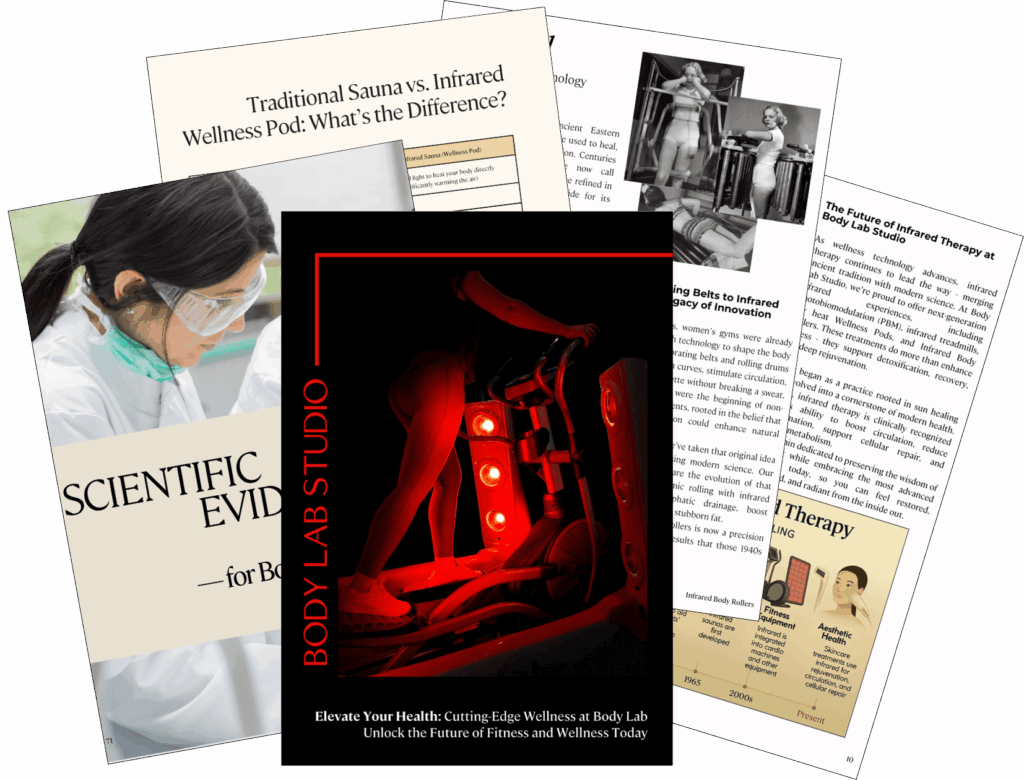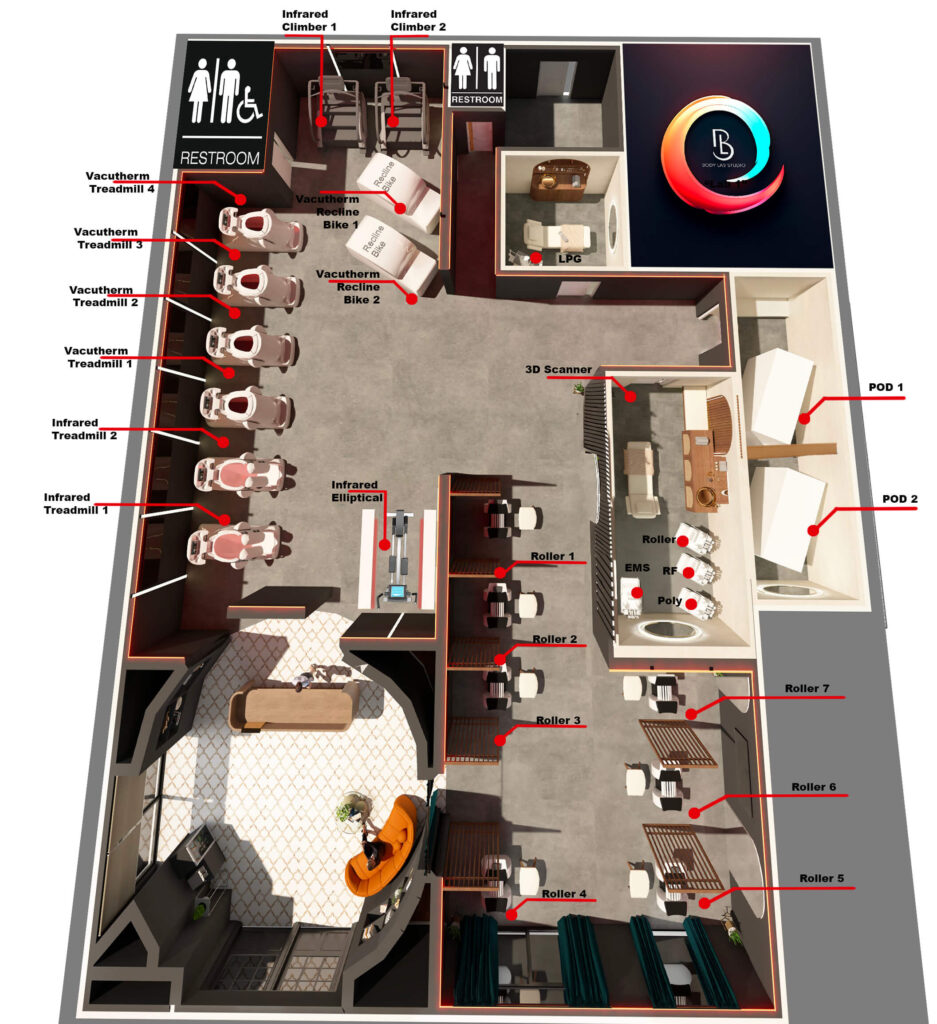Ever wake up puffy or sluggish after a night of drinks? You’re not imagining it; alcohol might be quietly messing with your lymphatic system. Think of it as your body’s cleanup crew, always working to clear out waste and excess fluid to keep you feeling balanced. But when alcohol shows up, that crew slows down. It can trigger inflammation and cause fluid to build up, making you feel heavy and off. At Body Lab Studio, we’ve seen how this can affect people, especially those dealing with lymphedema or circulation issues, and we want to help you get a clearer picture of what’s going on and what you can do about it.
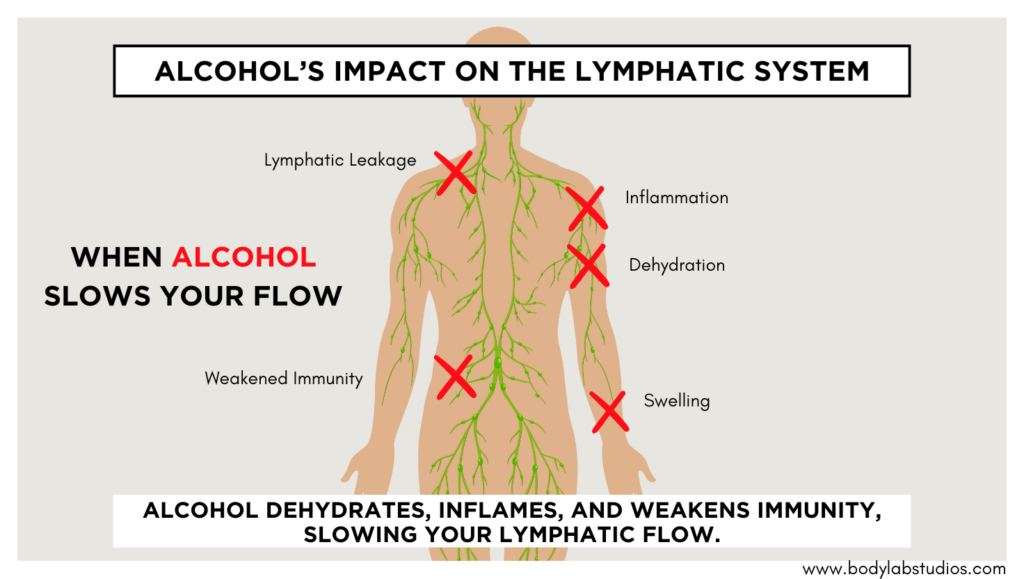
Understanding Lymphedema and Alcohol’s Role
If you’re living with lymphedema or tend to experience swelling, alcohol can make things worse. A 2020 study in Frontiers in Physiology showed that alcohol increases inflammation and causes more fluid to leak from the lymphatic system.
This can lead to puffiness, heaviness in the legs, and general discomfort. Even just one drink can dehydrate you, making it harder for your body to manage fluid. It’s frustrating when your body feels off, tight rings, swollen ankles, or unexplained fatigue. But with care and attention, it’s possible to reduce that strain and feel more comfortable.
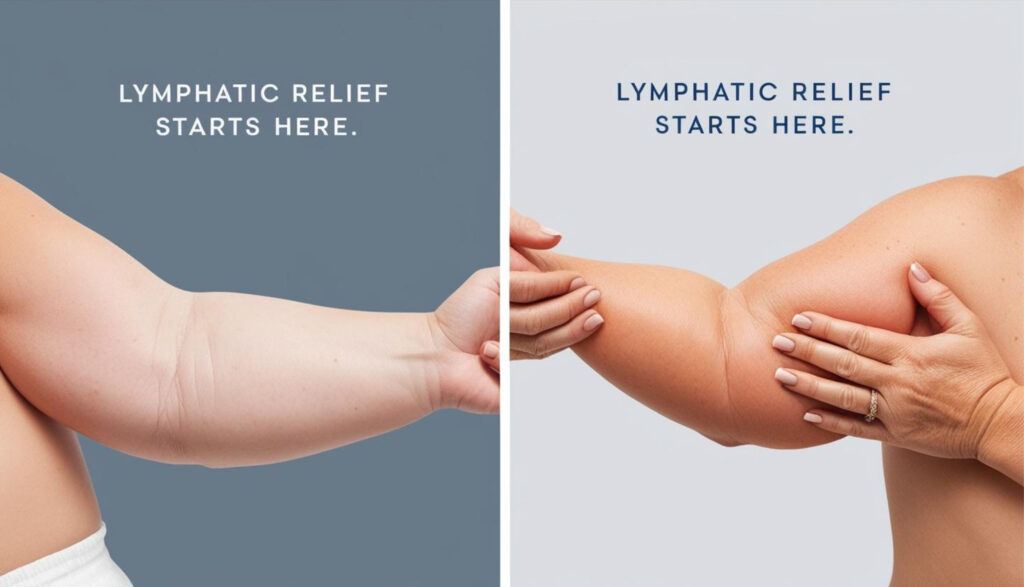
How Alcohol Disrupts Lymphatic Flow
So, what does alcohol actually do? It dries you out, turning lymph fluid thick and sluggish. It ramps up inflammation, jamming the system. And it weakens your defences, making infections more likely something people with lymphedema can’t afford. Research shows alcohol messes with immune cells, increasing the chance of issues like cellulitis. Whether it’s the occasional binge or a steady habit, it slows the body’s cleanup crew and leads to more swelling. We see it all the time in the studio, and we’re here to help.
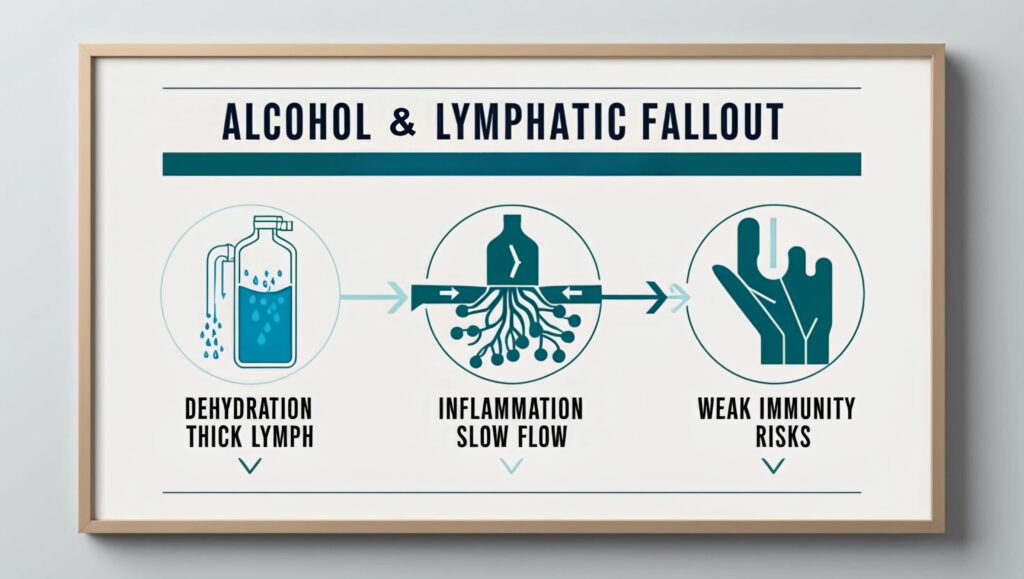
How Body Lab Studio Can Help
You don’t need a major lifestyle change, you just need a little support for your lymphatic system. At Body Lab Studio, we use hands-on therapies to help things flow again. Our lymphatic drainage massage reduces fluid buildup and relieves that heavy, swollen feeling. Pair it with our infrared treatments to boost circulation and soothe the body. Many clients say they feel lighter after a few sessions. Staying consistent and hydrated helps maintain the results. We’ll create a plan based on your needs, whether you’re managing lymphedema or simply looking to support your lymph health.
Steps to Support Your Lymphatic Health
You’re not powerless here. We’re in this with you. Cutting back on alcohol is a start. Pair it with simple actions: sip water throughout the day, take short walks, and let our therapies support you. Reducing inflammation and supporting drainage can ease lymphedema symptoms over time. This isn’t about being perfect; your lymph needs care, not pressure. Whether you’re new to this or managing a condition, we’re here to walk with you, step by step.

Ready to Support Your Lymphatic Health?
Alcohol can slow your lymphatic system, but we’re here to help it recover. At Body Lab Studio, we offer lymphatic drainage, infrared therapy, and a supportive team to reduce swelling and help you feel lighter. Ready to give your body the support it needs? Book a consultation today and start your path to balance. Click here to begin – relief is waiting.

REFERENCE
Several studies have explored the impact of alcohol consumption on the lymphatic system and its potential to exacerbate lymphedema:
- Kondo, R., & Iwakiri, Y. (2020). The lymphatic system in alcohol-associated liver disease. Frontiers in Physiology, 11, 574607.
This review discusses how chronic alcohol consumption increases thoracic duct lymph flow and permeability, leading to lymphatic leakage and local inflammation. The study suggests that alcohol-induced lymphatic dysfunction may contribute to tissue inflammation and highlights the potential therapeutic strategy of preventing lymphatic leakage in alcohol-related diseases.
pmc.ncbi.nlm.nih.gov - Mathis, K. L., Stokes, K. Y., & Granger, D. N. (2007). Chronic alcohol consumption impairs leukocyte recruitment and promotes endothelial cell apoptosis in the mesenteric microcirculation. American Journal of Physiology-Heart and Circulatory Physiology, 292(1), H587–H595.
In this animal study, chronic alcohol intake was found to impair immune cell recruitment and increase endothelial cell apoptosis in the mesenteric microcirculation. These alterations can compromise lymphatic function and may exacerbate conditions like lymphedema by promoting inflammation and reducing immune defense. - Szabo, G., & Saha, B. (2015). Alcohol’s effect on host defense. Alcohol Research: Current Reviews, 37(2), 159–170.
This review highlights that alcohol consumption disrupts immune function by altering cytokine production and impairing the activity of immune cells. Such immune suppression can increase susceptibility to infections, posing additional risks for individuals with lymphedema, who are already prone to recurrent infections. - Wang, H., & Tian, Z. (2018). Alcohol compromises neutrophil extracellular traps through upregulating IL-33 expression to increase susceptibility to bacterial infection. Frontiers in Immunology, 9, 1322.
This study demonstrates that alcohol consumption impairs the formation of neutrophil extracellular traps (NETs) by upregulating interleukin-33 (IL-33), leading to increased susceptibility to bacterial infections. For lymphedema patients, this suggests that alcohol-induced immune dysfunction could heighten the risk of cellulitis and other infections. - Pascual, M., Montesinos, J., Marcos, M., Torres, J. L., Costa-Alba, P., García-García, F., … & Guerri, C. (2017). Gender differences in the inflammatory cytokine and chemokine profiles induced by binge ethanol drinking in adolescence. Addiction Biology, 22(6), 1829–1841.
This research indicates that binge drinking elevates pro-inflammatory cytokine and chemokine levels, with notable differences between genders. The systemic inflammation resulting from such alcohol consumption can exacerbate lymphedema symptoms by increasing fluid retention and tissue swelling.

